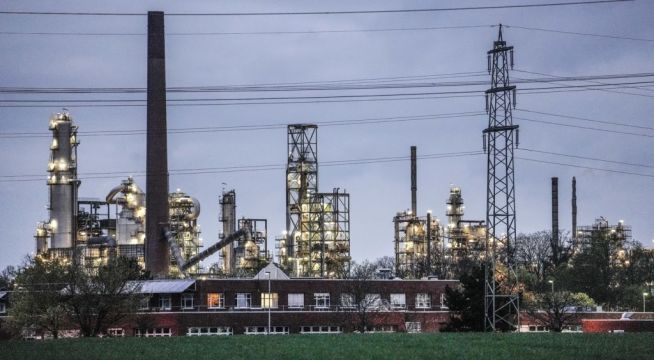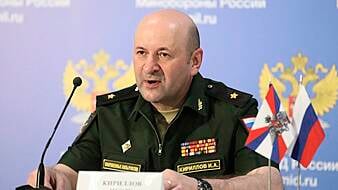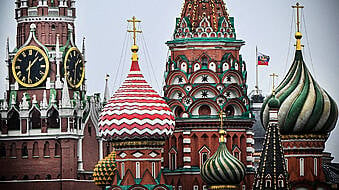Germany said on Monday it was prepared to back an immediate European Union embargo on Russian oil, a major shift from Moscow's biggest energy customer that could let Europe impose such a ban within days.
Russia's energy exports - by far its biggest source of income - have so far largely been exempt from international sanctions over the war in Ukraine. Kyiv says that loophole means European countries are funding the Kremlin war effort, sending Moscow hundreds of millions of euros every day.
Economy and climate minister Robert Habeck said on Sunday that Europe’s largest economy had reduced the share of Russian energy imports to 12 per cent for oil, 8 per cent for coal and 35 per cent for natural gas.
Germany has been under strong pressure from Ukraine and other nations in Europe to cut energy imports from Russia that are worth billions of euro, which help fill Russian president Vladimir Putin’s war chest.
“All these steps that we are taking require an enormous joint effort from all actors and they also mean costs that are felt by both the economy and consumers,” Mr Habeck said in a statement.
“But they are necessary if we no longer want to be blackmailed by Russia.”
Germany has managed to shift to oil and coal imports from other countries in a relatively short time, meaning that “the end of dependence on Russian crude oil imports by late summer is realistic”, Mr Habeck’s ministry said.
Weaning Germany off Russian natural gas is a far bigger challenge.
Before Russia invaded Ukraine on February 24th, Germany got more than half of its natural gas imports from Russia. That share is now down to 35 per cent, partly due to increased procurement from Norway and the Netherlands, the ministry said.
To further reduce Russian imports, Germany plans to speed up the construction of terminals for liquified natural gas, or LNG.
The energy and climate ministry said Germany aimed to put several floating LNG terminals into operation as early as this year or next.
This was an ambitious timeline that the ministry acknowledged “requires an enormous commitment from everyone involved”.
Germany has resisted calls for an EU boycott on Russian natural gas. It also watched with worry last week as Moscow immediately halted gas supplies to Poland and Bulgaria after they rejected Russian demands to pay for gas in roubles.
European officials called these moves by Russia “energy blackmail”.
Germany’s central bank has said a total cutoff of Russian gas could mean five percentage points of lost economic output and higher inflation.
Additional reporting Reuters







